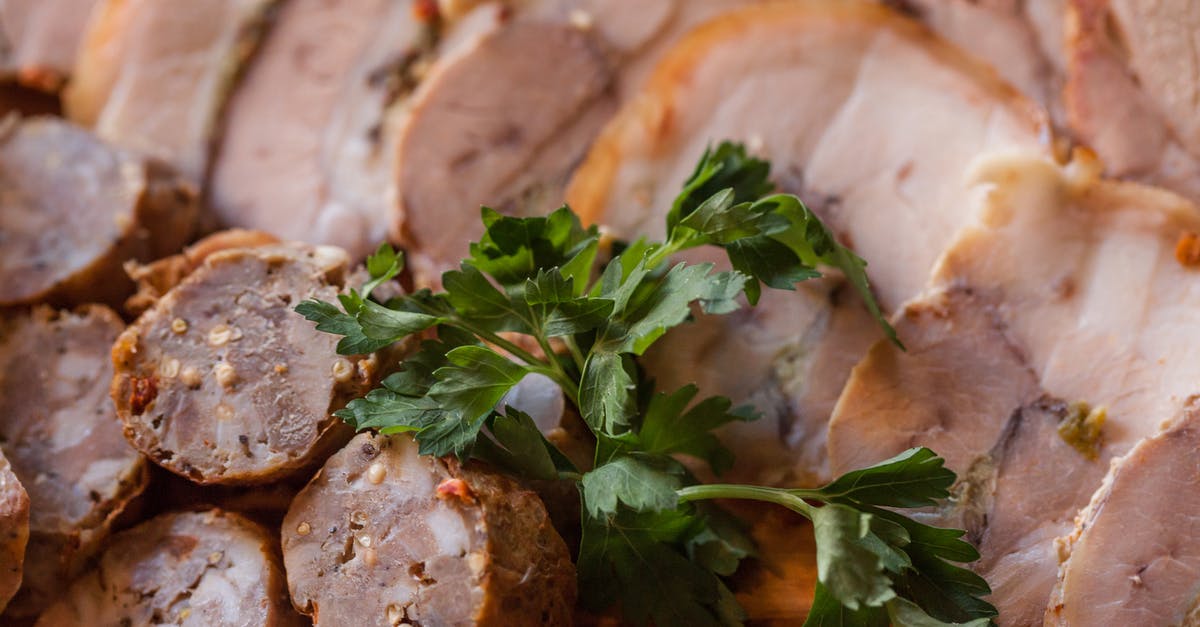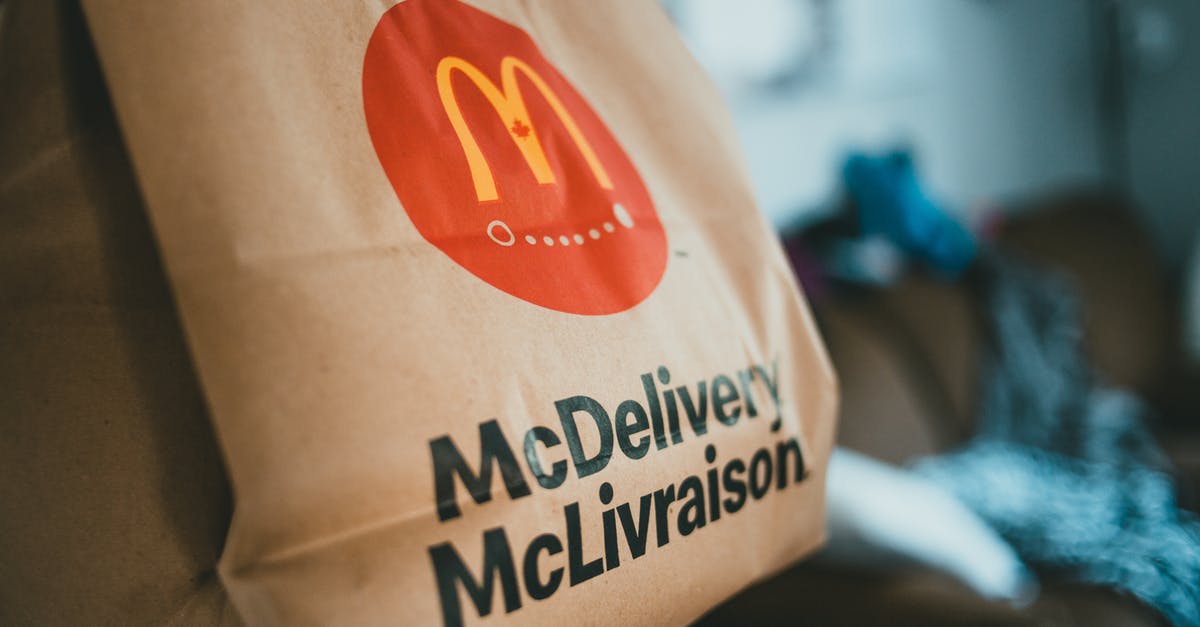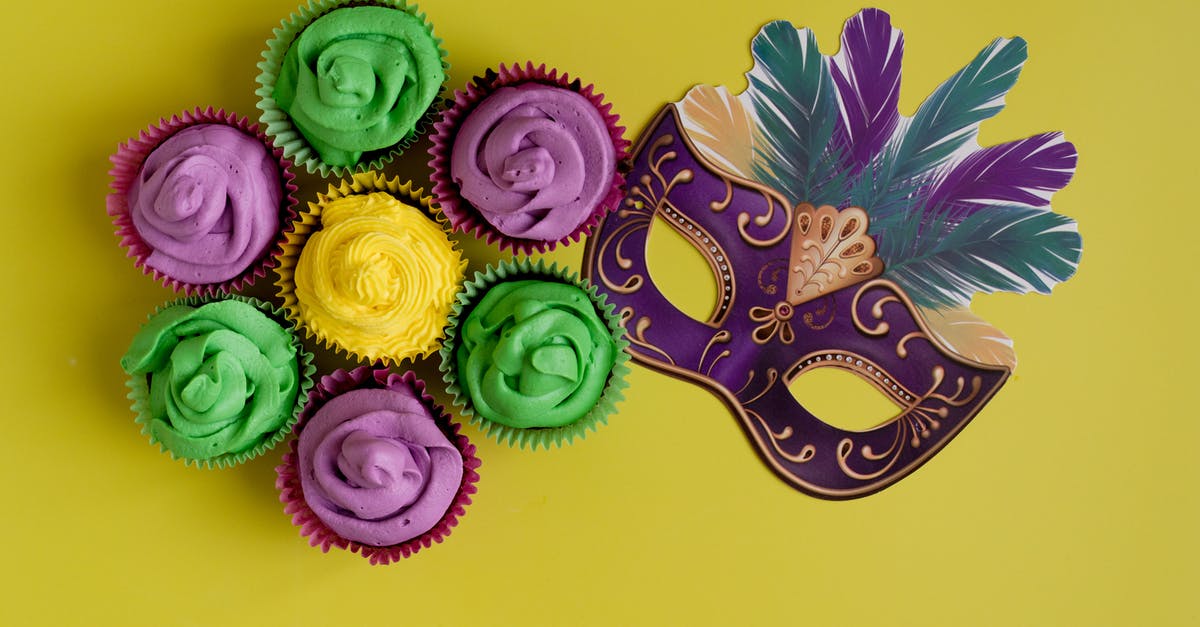Can I source fat and sugar in a recipe from chocolate?

I've been looking at chocolate flapjack recipes but they seem to contain relatively little chocolate, so I'm wondering if it's possible to replace more fundamental ingredients (butter, sugar) in a more basic recipe. A look at some milk chocolate suggests that it's 36% fat (cocoa butter and milk) and 55% sugar by mass, which is similar to the ratio in the recipe (1:1 by mass) but a little low on fat.
Can I replace most of the butter and sugar in a flapjack recipe with milk chocolate? Will I need to add additional butter? Will the resulting mix still be able to integrate items like dried fruit?
I have consulted this answer about using chocolate to substitute sugar but want to know whether milk chocolate will be an adequate binder for flapjack, particularly if I add additional dried fruit.
I also note that milk chocolate is prone to burning at temperatures as low as <50 degrees C, flapjacks are usually cooked at much higher temperatures around 180 degrees C so perhaps this is a fatal flaw?
Best Answer
That recipe is merely chocolate-topped, so you will find better, probably using cocoa powder.
However that may still not go far enough. I have tried to make chocolate chip flapjack by using dark chocolate chips and stirring into the melted mixture before baking. I did this after the adding the oats and after a bit of cooling, with as little stirring as possible. They still melted into the mixture before I could get it into the tray. Further cooling, and perhaps chilling the chocolate first might get round this. They weren't very chocolatey, but the texture was still good.
If you tried to replace all of the butter and sugar with chocolate, you'd end up with an oat-loaded chocolate bar, rather than flapjack. It would be too hard (unless you like your flapjack rock-solid, in which case the chocolate might burn).
Using your chocolate, you'd still have some butter (to keep the fat:sugar ratio the same), which would help, but the sugar in that particular recipe is all golden syrup. Many recipes use a mixture of olden syrup and brown sugar, both of which bring little flavour.
I see two routes to experiments:
- take your favourite recipe, add cocoa powder (perhaps lose the apricots in the recipe you linked, and add 100g cocoa powder to start with). I'd then drizzle with milk and/or white chocolate for the contrast in appearance.
I've just tested this. My batch was smaller, only 150g of oats (and very similar to your more basic recipe), and I added 50g of cocoa powder. That gave it a nice flavour along the lines of dark chocolate truffles. The texture was good: I was aiming for chewy and got it, not crumbly or hard. If I wanted even more of a chocolate flavour, rather than increasing the cocoa powder I'd add some milk chocolate
- Substitute. For ease I'll round everything and call your chocolate 50% sugar and 33% fat by mass, your butter 100% fat (it's more like 80% with most of the rest water), and your golden syrup 100% sugar (again, it's nearly 20% water). As a starting point I'd put in 200g of chocolate, taking out 100g of syrup, and 60-70g of butter. I'd still melt the butter and sugar together, then stir in the broken up chocolate with the oats after turning off the heat. Once mixed in the chocolate won't burn easily. You could also add cocoa powder of course. This may be too stiff; adding some water to the melted butter and syrup, then the oats, then the chocolate might help.
Overall, flapjack is fairly forgiving. If it falls apart, that's not ideal, but press it firmly into the tin and it shouldn't. Scoring when hot and cooling in the tin helps too. If it's overcooked and hard, possibly just round the edges, this is nice smashed up and served as a topping for ice cream. So give it a go and see what happens.
Pictures about "Can I source fat and sugar in a recipe from chocolate?"



Why is dark chocolate better than milk chocolate?
Dark chocolate \u201ccontains two to three times more flavanol-rich cocoa solids as compared to milk chocolate,\u201d Peart adds. \u201cIt's significantly higher.\u201d That's a huge health benefit for your heart. Flavanols are related to the production of nitric oxide, which relaxes your blood vessels and improves blood flow.Is dark chocolate less calories than milk chocolate?
Calorie for calorie, there isn't much of a difference at all, in fact dark chocolate is slightly higher in calories containing 580 calories per 100g and milk chocolate containing 534 calories per 100g.What is dark chocolate made of?
Dark chocolate contains 50-90% cocoa solids, cocoa butter, and sugar, whereas milk chocolate contains anywhere from 10-50% cocoa solids, cocoa butter, milk in some form, and sugar.What is milk chocolate made of?
Milk Chocolate It is made by combining chocolate liquor (cocoa solids and cocoa butter) with sugar, and milk. Sometimes an emulsifier, such as soy lecithin, is added to enhance its smoothness. According to the FDA definition, milk chocolate must contain at least 10% chocolate liquor and 12% milk.REDUCE YOUR SUGAR INTAKE: 10 tips that helped me cut sugar effectively
Sources: Stack Exchange - This article follows the attribution requirements of Stack Exchange and is licensed under CC BY-SA 3.0.
Images: Julia Filirovska, Erik Mclean, alleksana, alleksana
